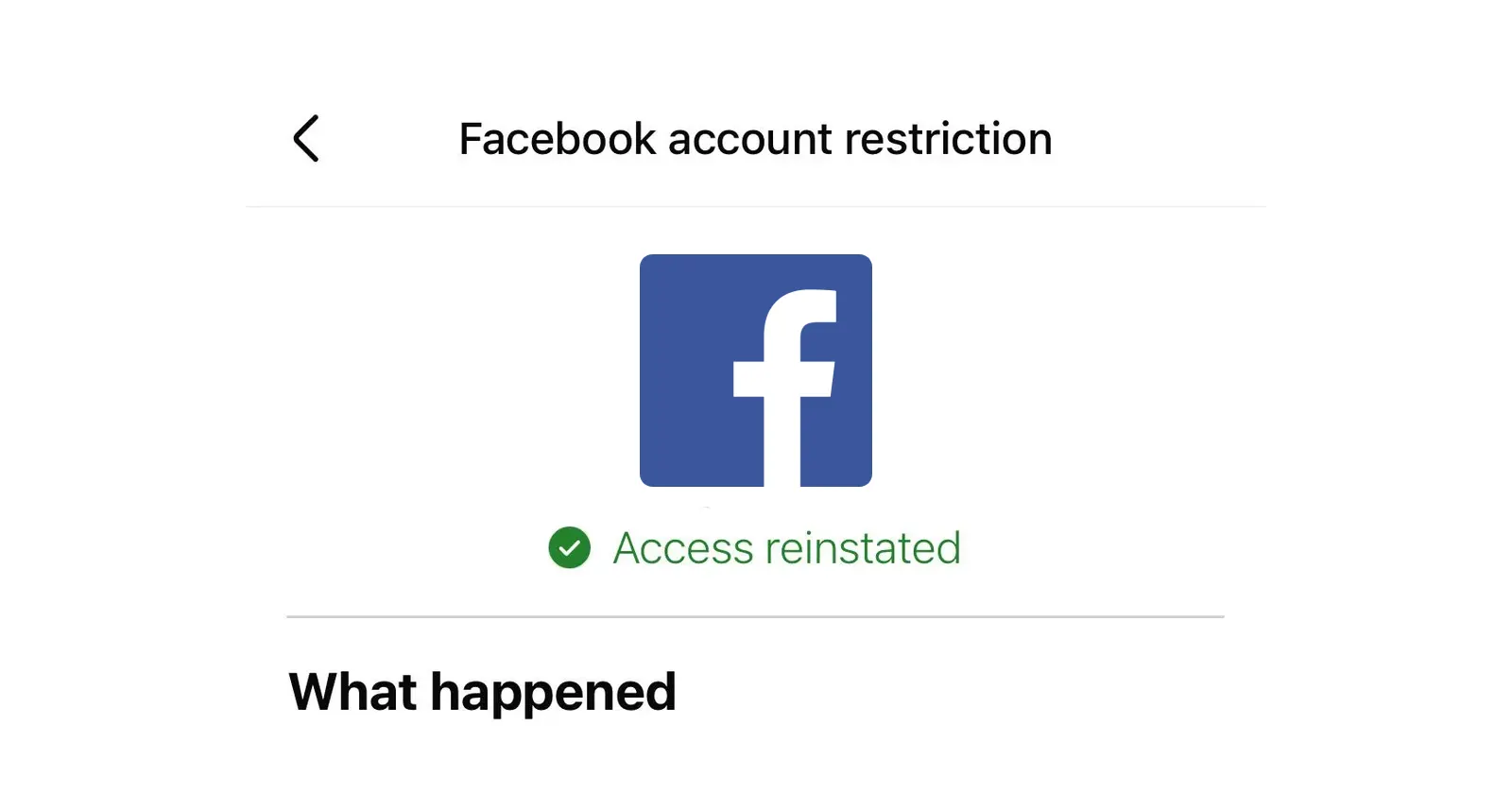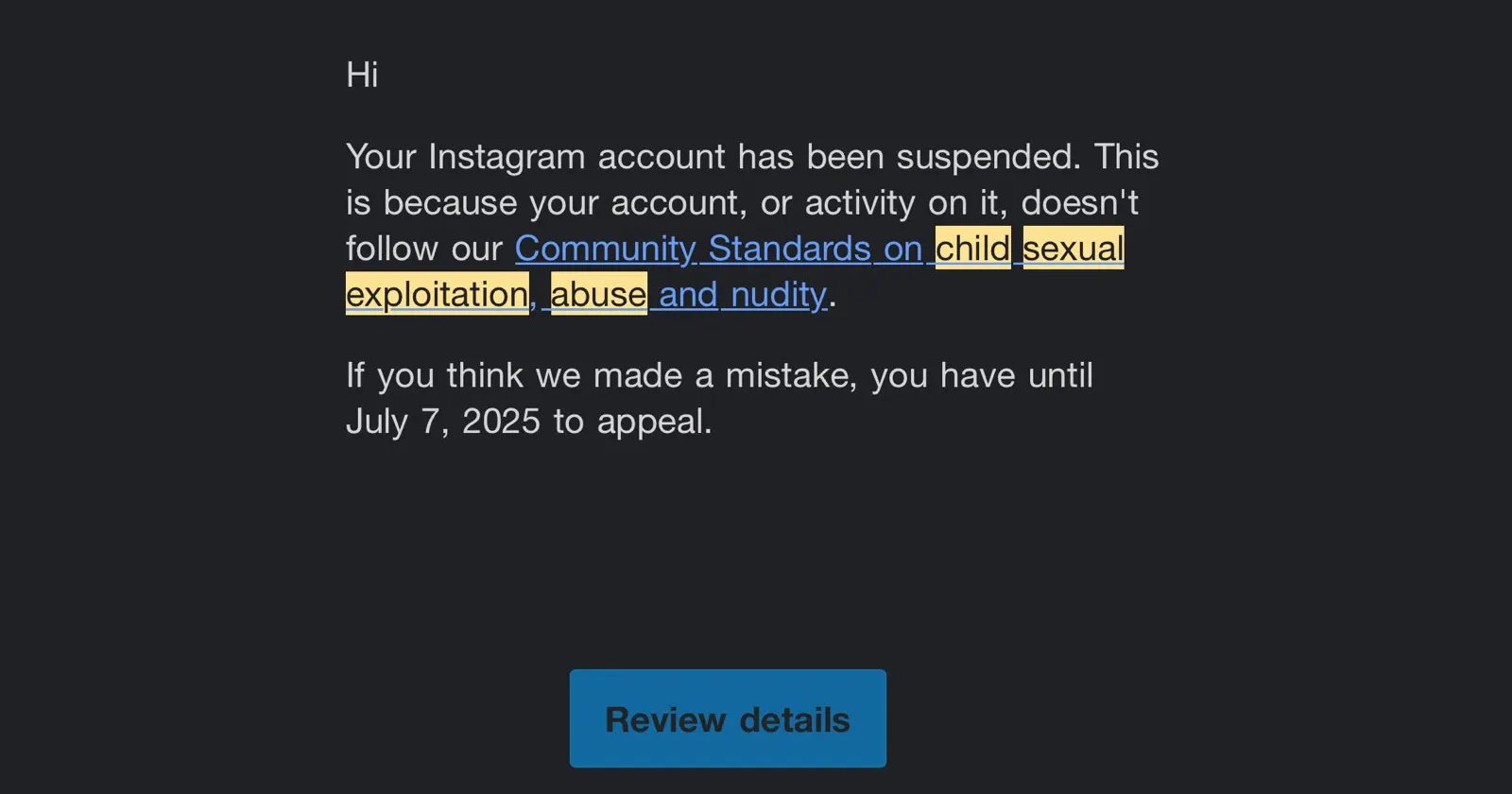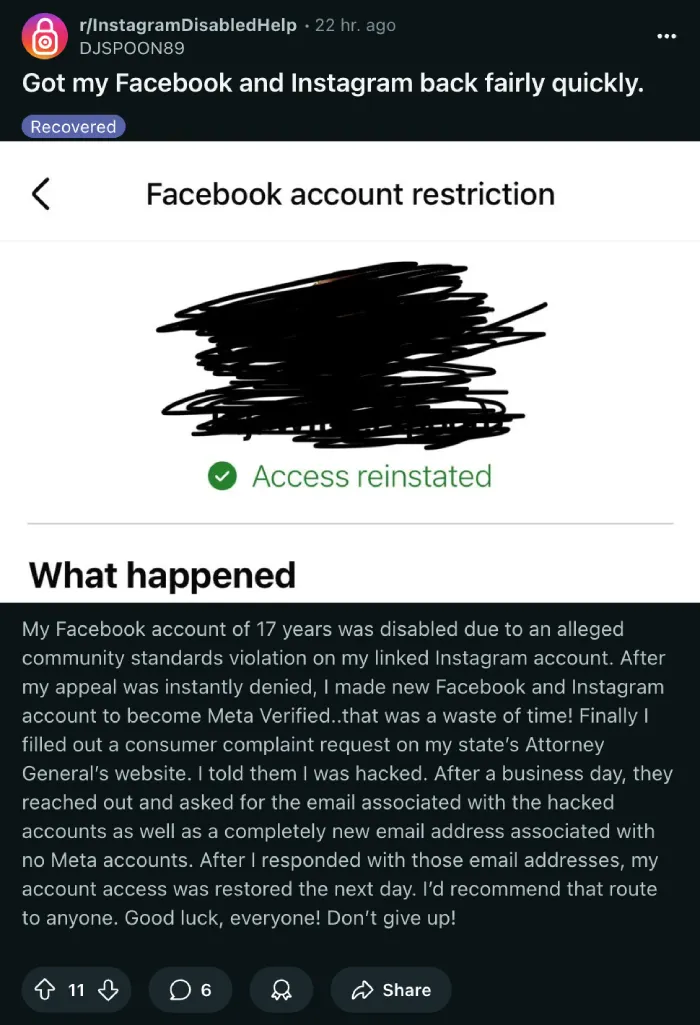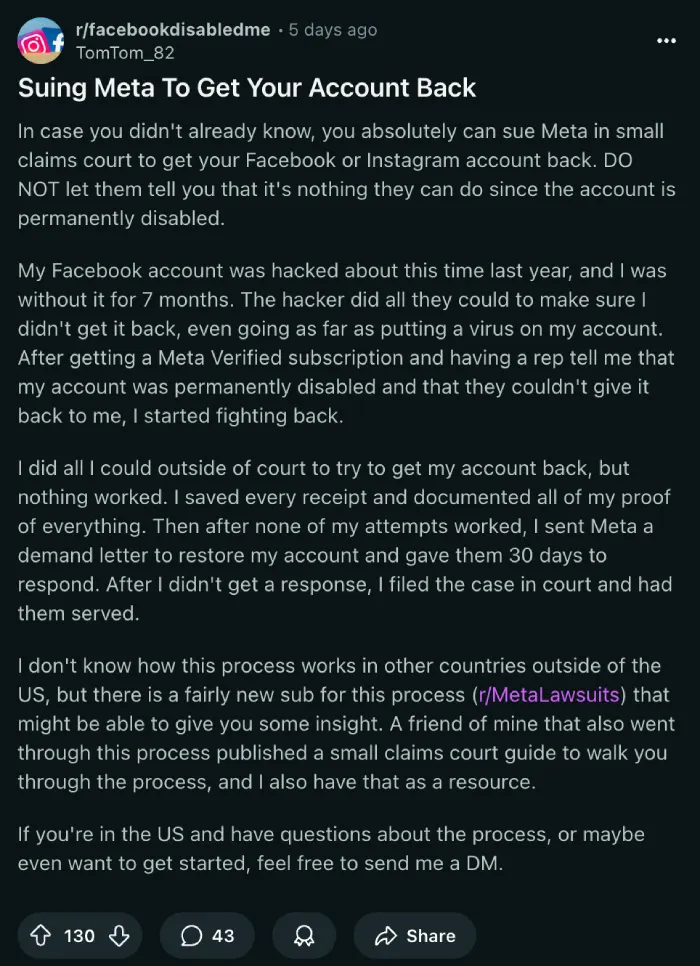Update 17/06/25 – 12:45 pm (IST): It seems many Facebook and Instagram users affected by the ban wave are trying to get the attention of California’s Attorney General Rob Bonta. I’m seeing numerous threads being posted on the r/MetaLawsuits, r/Instagram, and r/facebook subreddits pointing users to fill up the complaint form available on the official website. FYI, Rob Bonta is already on Meta’s case on multiple fronts and recently sent a letter to Meta to clamp down on investment scam ads. Users feel like this would be the best shot they have against Meta. Of course, there’s no guarantee that this will lead to immediate action, but many feel like it’s worth a shot.
Original article published on June 15, 2025, follows:
Meta’s recent wave of account suspensions caught many users off guard. People who built years of memories and even businesses on Instagram or Facebook suddenly found their profiles disabled. Appeals went nowhere and help desks gave the same generic responses. Then a few users tried something different. They turned to legal channels. And in some cases that led to success.
Just a few weeks ago, we highlighted how thousands of users were suddenly booted out of Instagram with false claims that they violated the platform’s community guidelines, specifically due to CSE material that the moderation tools apparently detected. Shortly after, a Meta spokesperson in Korea told the country’s press that the platform is looking into the problem.
A while back, some users discovered a workaround by subscribing to Meta Verified, the paid verification service. The idea was that paying customers would get access to better support, and for a time, it seemed to work for some who needed to recover their accounts. We even covered a full-fledged guide on how to attempt to get back your account through Meta Verified. However, the effectiveness of this method has reportedly dwindled, leaving many feeling like they’ve run out of options.
So most folks who lost access to their accounts are feeling stuck. But recently, a new and surprisingly effective strategy has been gaining traction in online communities. Frustrated users are turning to legal action, and some are even reporting success. This isn’t necessarily about massive, courtroom-showdown lawsuits. Instead, people are using more accessible legal avenues to get Meta’s attention, and it appears to be working when all other methods have failed.
One of the most popular first steps is filing a consumer complaint with their state’s Attorney General (AG). The AG’s office is responsible for protecting consumers from unfair or deceptive business practices. By framing the loss of their account, especially in cases of hacking, as a consumer rights issue, users are finding that the AG’s office can act as a powerful intermediary. One user on Reddit shared their experience, explaining how they got their accounts back just days after contacting their state’s AG.
This “AG method” is being discussed widely, with users advising each other to file complaints in both their state of residence and in California, where Meta is headquartered. The logic is that these government offices have the standing to command a response from a corporation in a way an individual user cannot.
For those who don’t find success with the AG method, or for those who want to take a more direct approach, the next step has been to send a formal demand letter. This is where things get a bit more serious. Users are hiring attorneys or using legal services like LegalShield to draft and send a letter to Meta’s legal department, formally demanding the reinstatement of their account. This shows the company that the user is serious and willing to escalate the matter. One person who successfully used this method mentioned they were ready to go to court but found that the demand letter alone was enough to get a response and, ultimately, their account back. Here’s their full account for reference:
When even a demand letter doesn’t work, some users are taking the final step, filing a lawsuit in small claims court. This might sound intimidating, but online communities like the subreddit r/MetaLawsuits have sprung up to demystify the process. Users share step-by-step guides on how to file, where to serve the legal papers (Meta’s designated registered agent, Corporation Service Company), and what to expect. Interestingly, this isn’t even the first time users have resorted to small claims court to get their accounts back. Last year, Engadget spoke to five individuals who sued Meta in small claims court, of which three of them did manage to get at least one account of the lost accounts back.
Here’s another post from a user detailing their experience:
The person who shared this story eventually got their account back. The process often doesn’t even lead to a court appearance. In many cases, once Meta’s legal team receives the lawsuit, they reach out to the user to settle, which usually involves reinstating the account in exchange for the user dropping the case.
That said, there are risks too. False claims or frivolous lawsuits can backfire. And legal fees may outweigh the value of restoring an old profile. For casual users, it likely makes sense to wait out official appeals. But professionals, creators or anyone with a business on these platforms may need to weigh the costs. I already covered how this Instagram and Facebook ban wave resulted in some businesses losing thousands of dollars. Therefore, it would absolutely make sense for them to sue Meta. But some state AG offices will only act on serious complaints. Others have high case volumes and slow response times. Small claims courts vary from state to state on filing fees and requirements.
The rise of these methods highlights a significant gap in Meta’s customer service infrastructure. The company’s reliance on automated systems for content moderation and account security has left countless users in the lurch, unable to correct errors or recover from hacks. When faced with a wall of silence, users have discovered that leveraging the legal system is sometimes the only way to force a company to listen. It’s a drastic measure, but for many who have lost precious memories or vital business tools, it’s a fight worth fighting.
TechIssuesToday primarily focuses on publishing 'breaking' or 'exclusive' tech news. This means, we are usually the first news website on the whole Internet to highlight the topics we cover daily. So far, our stories have been picked up by many mainstream technology publications like The Verge, Macrumors, Forbes, etc. To know more, head here.






Jahfar Kk16-06-2025
I lost my insta account jahfar-spkd this is my account
Reply